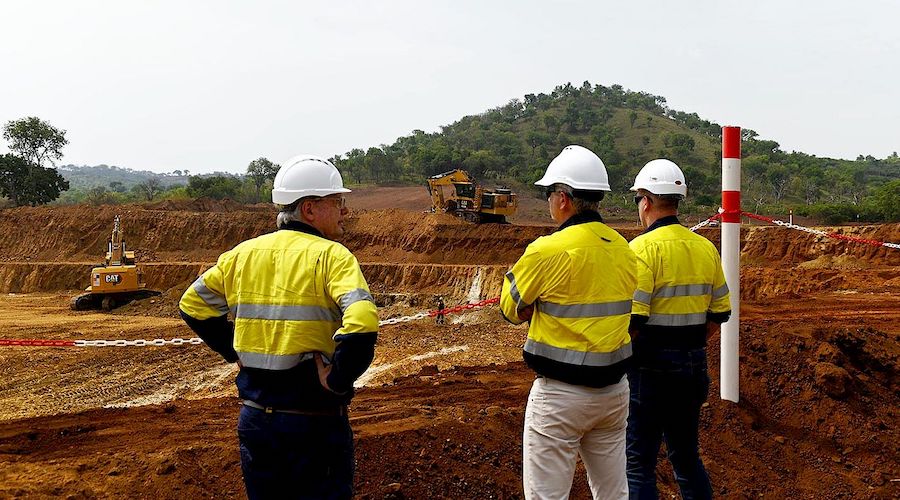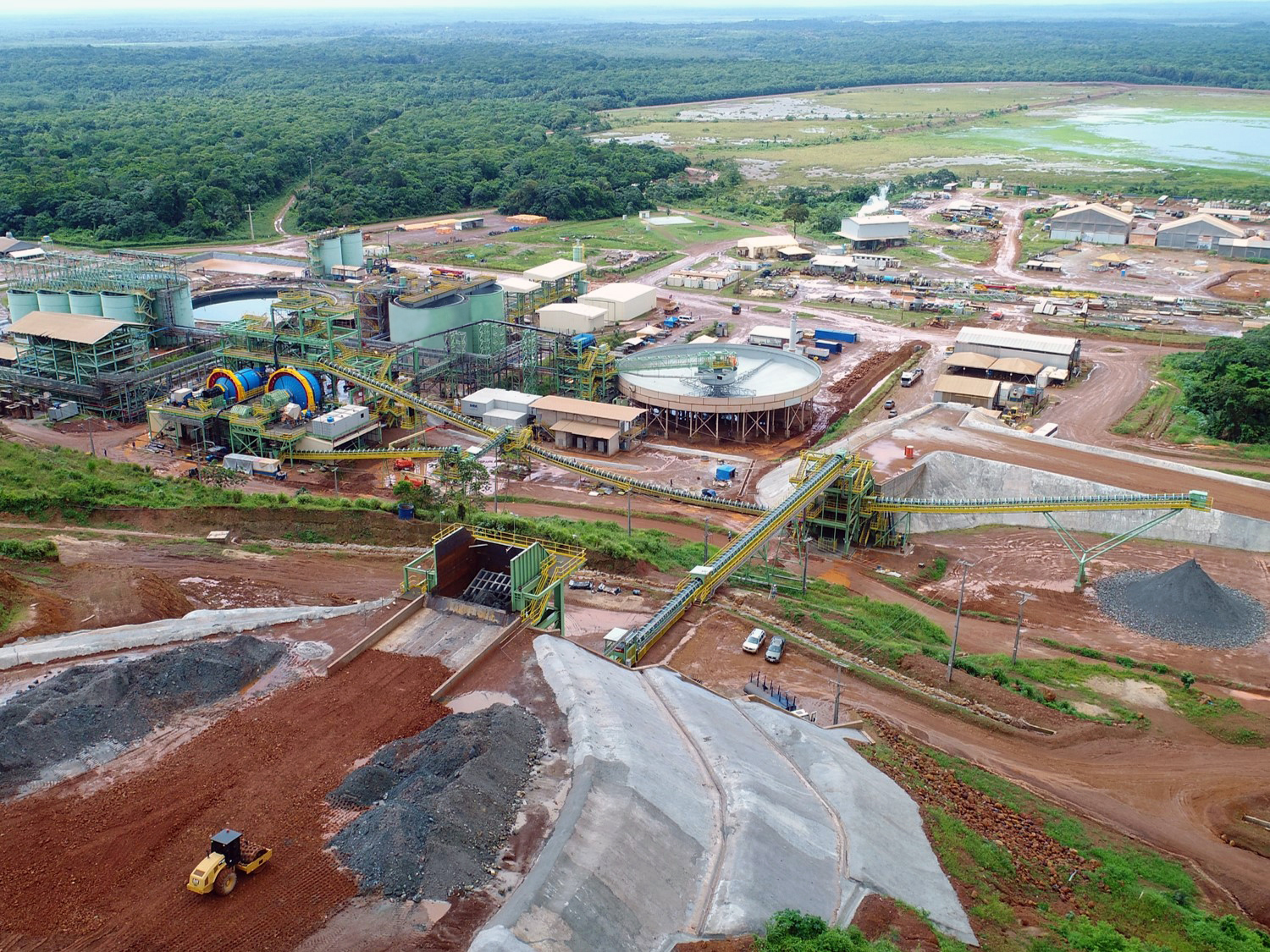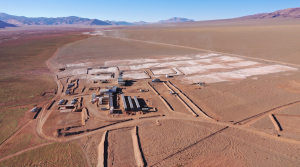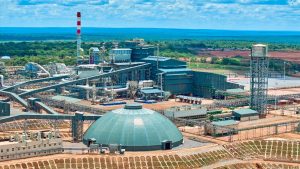Mining in Africa: Is sustainability far-fetched?
THE mining industry is very intrusive by nature, requiring enormous amounts of energy and the removal of large quantities of soil and rock, resulting in significant local contamination during extraction and transportation
Banks and shareholders are putting pressure on miners to enhance their environmental standards; They strive for net-zero carbon emissions at direct mining operations and value chains
Historically, the sector has been responsible for many worker accidents and fatalities. As a result, it would be simple to dismiss the entire industry as an ecologically and socially unsustainable remnant of the industrial past
Other countries’ future of sustainable mining methods are considered a bellwether for the most significant African sector since it is the continent’s largest centre of mining activity
The mining sector is under increasing pressure to embrace more ecologically and socially sustainable African methods.
With lenders and investors requiring reductions in greenhouse gas emissions, pollution and advancements in the workforce and community well-being, there is a widespread perception that it is in the industry’s best interests to adopt more responsible practices to increase productivity and avoid negative publicity.
The mining industry is very intrusive by nature, requiring enormous amounts of energy and the removal of large quantities of soil and rock, resulting in significant local contamination during extraction and transportation.
Historically, the sector has been responsible for many worker accidents and fatalities.
As a result, it would be simple to dismiss the entire industry as an ecologically and socially unsustainable remnant of the industrial past.
Indeed, thermal coal output has already begun to decline in some markets, with coking coal expected to follow if the cost of new smelting technology falls sufficiently.
Some firms have also abandoned natural diamonds in favour of synthetic stones.
Iron ore and bauxite mining, on the other hand, will remain for many decades to support steel manufacturing, while manganese, cobalt, and copper are employed in many emerging technologies.
As a result, more sustainable mining technologies must be found and extensively used.
Long-term sustainability entails maximising worker health and safety while minimising mine environmental effects, ensuring that mine host communities benefit from mining activities and prevent environmental degradation.
It entails weeding out fraudulent activities in the sector, including procurement, employment, and licensing.
Sustainable mining also necessitates the development of a feasible mine closure plan that includes appropriate funding for post-close rehabilitation.
Simultaneously, sustainable techniques can increase the longevity of mining operations, which has clear monetary benefits.-The Exchange
Share this content:














